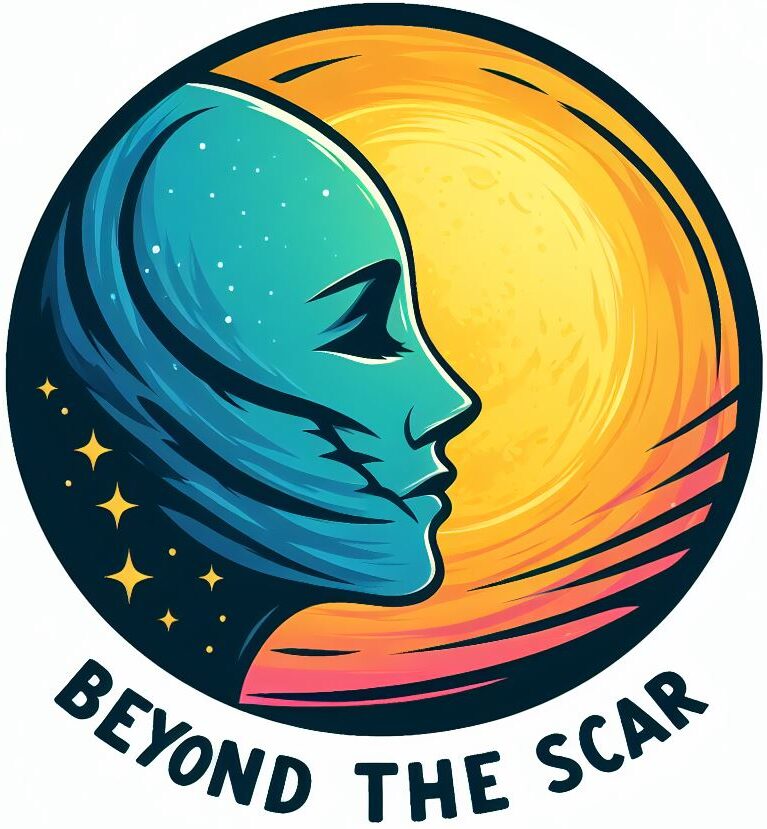 Have you ever thought about what it means to be a burn survivor? Well, it’s not just about the initial treatment; it’s a long-term journey of healing that unfolds in several stages. From acute care to rehabilitation and beyond, each phase comes with its challenges and triumphs.
Have you ever thought about what it means to be a burn survivor? Well, it’s not just about the initial treatment; it’s a long-term journey of healing that unfolds in several stages. From acute care to rehabilitation and beyond, each phase comes with its challenges and triumphs.
This isn’t just about physical healing. It’s also about embracing a holistic approach to self-care. A burn injury affects every aspect of your life, so your recovery plan should be comprehensive, addressing both psychological and physical needs. Burn survivors require comprehensive self-care strategies to address physical rehabilitation, emotional healing, social reintegration, and support networks. Engaging in prescribed physical therapy and adhering to wound care instructions are essential for restoring mobility and function. Addressing psychological distress through screening and assessment tools can help manage anxiety, depression, or post-traumatic stress. Rebuilding social skills and confidence is vital, with resources like the Phoenix Society offering tools to manage social situations effectively. Connecting with support groups and counseling services provides a platform to share experiences and receive guidance, fostering a sense of community and understanding.
Why is self-care so crucial, you might ask? It’s the foundation of long-term healing and well-being, especially for burn survivors. Engaging in self-care practices empowers individuals to take an active role in their recovery journey, addressing both physical and emotional aspects of healing. By focusing on wound care, physical rehabilitation, and emotional support, survivors can enhance their quality of life and regain independence. In the next part of this series, we’ll explore practical ways to nurture your body as part of your self-care strategy, providing actionable steps to support your recovery.
Self-Care Strategies: Nurturing Your Body
If you’re a burn survivor, nurturing your body is a pivotal step in your recovery journey. It’s not just about healing physically; it’s about empowering yourself to regain strength and functionality. Let’s explore the key components of physical self-care that will support you through this process.
Nutrition plays a significant role in burn recovery. Your body needs extra calories and nutrients to heal. I’m going to talk about the best foods to incorporate into your diet that are rich in proteins, vitamins, and minerals, all of which aid in tissue repair and boost your immune system. Remember, what you eat can either speed up or slow down your recovery, so choose wisely.
When it comes to regaining your physical abilities, exercise and physical therapy are your best allies. I’m here to help you understand why gentle exercises and tailored physical therapy sessions can enhance your mobility and rebuild strength without causing additional stress to healing tissues. It’s crucial to know how these activities can be adapted to your current state to provide the best possible outcomes.
Looking after your skin, especially the areas affected by burns, is essential. I’ll discuss the recommended skincare routines to maintain the elasticity and health of your new skin. This includes how to properly moisturize, protect, and care for your skin to prevent complications and support a better range of motion.
Lastly, don’t underestimate the role of medical follow-up in your self-care regimen. Regular check-ins with healthcare professionals ensure that your recovery is on track and allow for adjustments in your care plan as needed. It’s a partnership where your input on how you’re feeling and progressing is just as important as the medical expertise guiding you.
Caring for the Mind: Emotional and Psychological Self-Care
If you’ve experienced a burn injury, you know it’s not just the physical scars that need attention. The emotional recovery is a significant part of your journey to healing. Burn injuries can lead to serious psychological stress, including post-traumatic stress disorder (PTSD), depression, and anxiety. That’s why nurturing your mental health is just as vital as taking care of your body.
For starters, dealing with the emotional impact is critical. Burn survivors often face emotional challenges adjusting to changes in appearance and physical capabilities. It’s normal to feel sadness, anger, or frustration during this time. But remember, you’re not alone, and there are ways to manage these feelings effectively.
The role of medical follow-up in a self-care regimen is crucial. One of the first steps you might consider is seeking professional help. Psychologists or psychiatrists specializing in trauma can provide invaluable support. Often, therapy sessions can help you process the emotional upheaval and offer strategies for coping with the psychological effects of your injury.
Managing anxiety and depression is a part of this emotional self-care. It’s important to recognize the signs of these conditions and to take action early. Activities like deep breathing, progressive muscle relaxation, and even gentle yoga can help regulate stress responses and improve your mood.
Another cornerstone of psychological self-care is making connections with others who understand what you’re going through. Support groups for burn survivors can be a lifeline, providing a space to share experiences and advice. Moreover, participation in these groups can reduce feelings of isolation and help build a community of support.
Introducing mindfulness and meditation into your routine can also have profound benefits. These practices can help calm your mind, reduce stress, and improve your overall well-being. Whether it’s through guided meditations, mindfulness-based stress reduction programs, or just taking a few minutes to breathe and be present each day, mindfulness is a powerful tool in your self-care arsenal.
In summary, taking care of your mental health as a burn survivor is not just beneficial; it’s essential. Your psychological state plays a crucial role in your overall recovery and quality of life post-injury. By embracing these emotional and psychological self-care strategies, you lay the foundation for resilience and long-term well-being.
As you strengthen your mental health, you’ll find yourself better equipped to reconnect with others and navigate the social aspects of recovery. That’s going to include redefining your social life, understanding the changes in your relationships, and reinventing your lifestyle for enhanced comfort and mobility, which we’ll dive into in the next section of the article.
Beyond the Skin: Social and Lifestyle Adaptations
You’re going to find out about how burn survivors can reconstruct their social identities and reclaim the joy of relationships. This isn’t just about healing the physical scars; it’s also about nurturing connections with others and ourselves.
Reintroducing routine social interactions might seem daunting at first. I’m here to help you with strategies to ease back into social life, focusing on building confidence and comfort.
Choose something that resonates with you when it comes to adapting your lifestyle and environment. Whether it’s remodeling living spaces for accessibility or engaging in new hobbies that fit your abilities, small changes can make a big difference.
Don’t worry too much about the pace at which you’re progressing. Every individual’s journey is unique, and you can always adjust your approach down the road. The main objective is to foster well-being and celebrate even the smallest victories.
Navigating relationships and intimacy after a burn injury involves open communication and patience. Remember, it’s okay to ask for help, and support from loved ones can be deeply healing.
At the heart of long-term recovery is the ability to recognize and honor personal growth. Surviving a burn injury is a testament to strength and resilience. It’s essential to acknowledge your journey, celebrate your milestones, and look forward to the possibilities that await in your new chapter.

Hi! Your post, indeed your entire website, is a welcoming place for burn victims. I am not personally a burn victim, but I have had friends that have experienced this trauma. It’s hard to empathize with a burn victim, because I have no ide the level of pain and scars they experience. Your post is a good lesson for me to help others in my life who may experience burns. You seem to be a kind person, and I know your website will do much good in the online world for people that are seeking healing.
Thank you, Scot, for your kind comments. My life’s mission is to help people rebuild after experiencing life-altering tragedies.
Hello I think self care is very important today for anybody really. But especially for a burn survivor. It’s important to take care of both your physical and mental health. And we’ll leave that means not allowing anybody to tell you what’s best for you. As in prioritizing your well-being above trying to please others for example.
Hi Jake. What you say is true. With the demands of life pulling in many different directions,self care is essential for everybody. You can only give what you have.